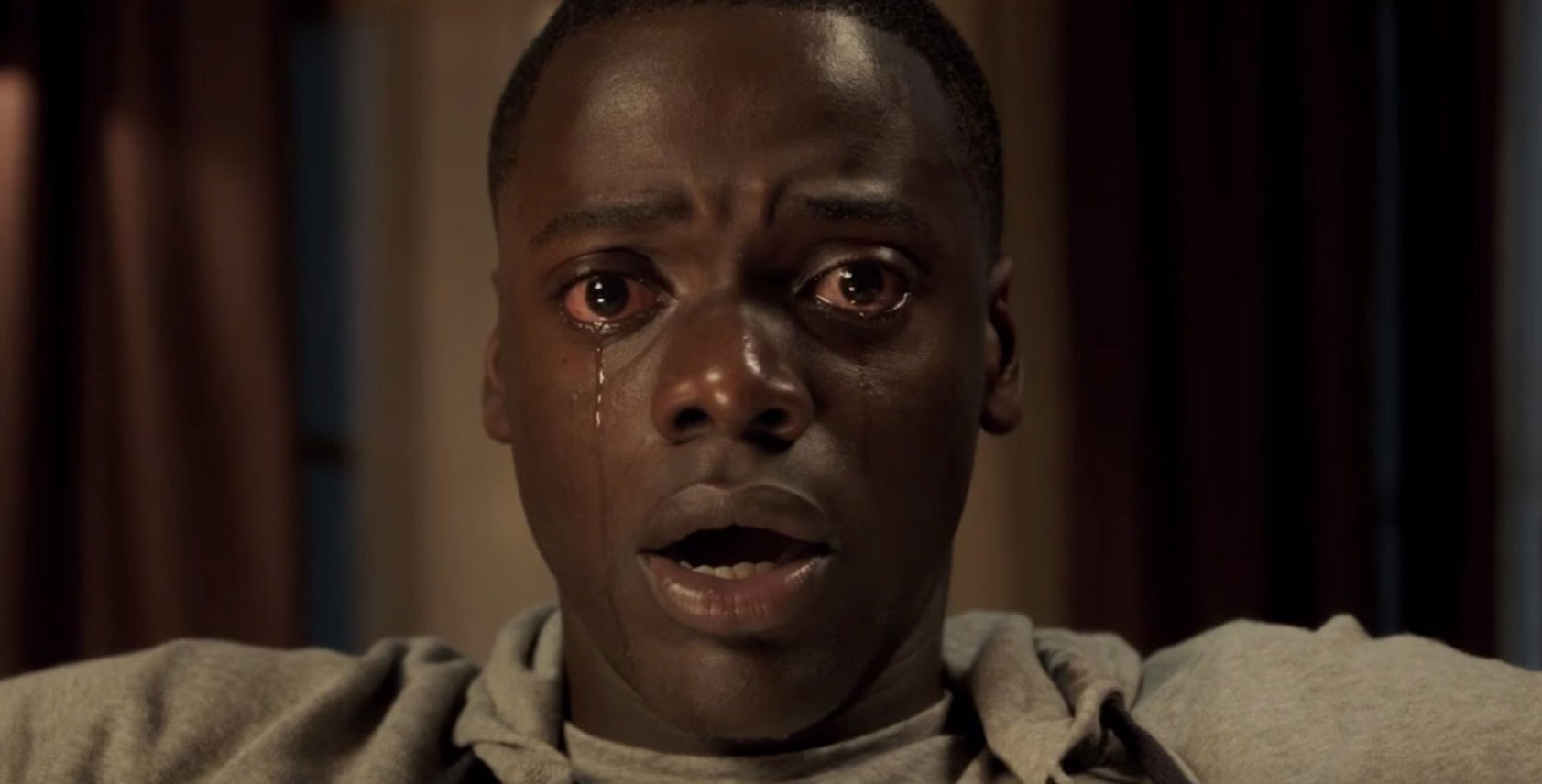‘Get Out’ Really Is as Good as Rotten Tomatoes Says It Is
There is nothing funny about Jordan Peele’s Get Out. Well actually, OK, that’s not entirely true. There’s definitely a few good laughs in the suburban-set horror movie. (Including what will likely go down as film history’s funniest Bing joke.)
But anyone who’s a fan of the comedian from his sketch show Key & Peele or last year’s kitten-heavy action/comedy Keanu might be surprised to learn that his directorial debut Get Out is more throwback ‘70s-era horror than your modern ironic meta-genre movie.
What isn’t surprising, though, is how subversive it is, considering incisive social commentary is pretty much right in Peele’s wheelhouse. Just watch any clip from Key & Peele. And Keanu, for all its George Michael jokes and cute cats, was essentially a feature-length satire of the code-switching the comedy duo often tackled in their sketches.
Ever since it first debuted at Sundance, Get Out has been billed as a twisted, horror version of Guess Who’s Coming to Dinner, and the comparisons are pretty obvious: the terror starts when Chris (Daniel Kaluuya) heads on a weekend trip with his white girlfriend (Allison Williams) to meet the parents, and what begins as a series of microaggressions turns explicitly aggressive pretty quick.
There’s some of The Stepford Wives in here too (the good one, not the Matthew Broderick one), thanks to Chris’ sneaking suspicion that all’s not quite right in this affluent, predominantly white suburb. The paranoid worry of not being able to fully trust your partner? That’d be Rosemary’s Baby, another movie adapted from an Ira Levin novel; only in both cases, Peele’s swapped those stories’ gender politics for racial ones.
But the nods to iconic politically-charged horror classics doesn’t stop there. There’s Deliverance’s terror of being marooned in a hostile foreign subculture (only because they’re liberals, not rednecks, Caleb Landry Jones picks at a ukulele instead of a banjo). An especially clever twist on Night of the Living Dead.
It’s no coincidence all those influences are from the same general era. While we’ve seen a string of solid scary movies in recent years – The Babadook, The Conjuring, Sinister – the modern horror scene has increasingly become a series of gotcha jump scares and interchangeable vengeful ghosts. But the genre has the potential to be more than that. Like comedy, its status as guilty pleasure entertainment can be used as a Trojan horse to hide more serious socio-political critiques (see: Idiocracy, or the Purge “documentaries”). And Get Out is a welcome throwback to those horror movies that had something more to say than just “Boo.”
See, in case you hadn’t heard, race is kind of a tricky subject in America right now. No matter how much we’ve been told we’re living in a “post-racial” society after eight years of Obama. And that divide is exactly what Peele’s mining here as he breaks down the casual racism of would-be liberal allies.
There’s Bradley Whitford as the seemingly well-meaning Armitage family patriarch, making sure to tell Chris how he would’ve “voted for Obama for a third term” if he could’ve. The former professional golfer family friend who name-drops Tiger at the first opportunity. Williams, who for all intents and purposes looks like the living, breathing embodiment of a Pinterest board, and deconstructs the “woke white girl” stereotype with clinical precision.
There’s a lot more going on here that’s difficult to get into without spoiling too much. But suffice it to say, there’s a cultural appropriation at work that’s far more insidious than Whitford’s penchant for calling Chris “my man.”
And that added element is exactly what makes Get Out more than just another scary movie; it makes it a nod back to the days when horror didn’t just want to make you jump, it wanted to unsettle. To make audiences uncomfortable. To point out the real monsters lurking around – and sometimes within – us.
In short, it makes Get Out a new horror classic. And that’s definitely no joke.










